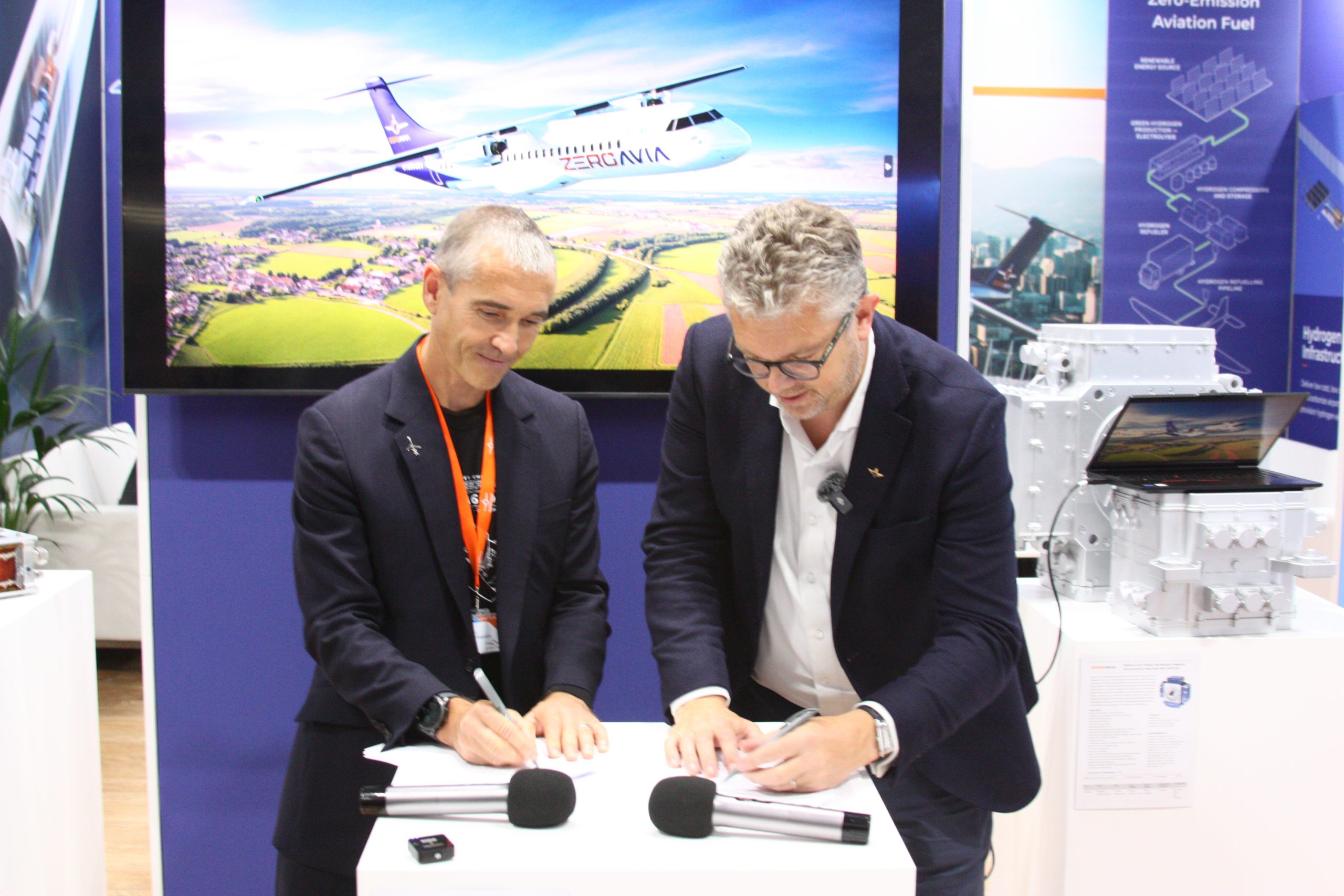KLM Dutch Airlines and ZeroAvia's Hydrogen-Electric Collaboration for Zero-Emission Flights
Key Ideas
- KLM Dutch Airlines and ZeroAvia are collaborating on a demo flight using ZeroAvia’s ZA2000 hydrogen-electric engines, aiming for a 90% reduction in climate impact compared to kerosene-fueled flights.
- The partnership aims to conduct an A-to-B flight demonstration using hydrogen fuel between two airport locations in 2026, working on regulatory permits, liquid hydrogen supply, and infrastructure.
- KLM supports cleaner flight adoption on its network and is focused on decarbonizing the aviation sector through the exploration of advanced technologies like hydrogen-electric systems.
- ZeroAvia has already tested its ZA600-engine on a Dornier 228 aircraft and conducted ground tests for key technologies, with the ZA2000 system planned to support up to 80-seat regional turboprop aircraft.
KLM Dutch Airlines and ZeroAvia have announced a partnership to trial a zero-emission flight using hydrogen fuel, specifically ZeroAvia’s ZA2000 hydrogen-electric engines for a large regional turboprop aircraft. This collaboration aims to significantly reduce the climate impact of flights, with studies estimating a 90% decrease compared to traditional kerosene-fueled flights. The companies plan to conduct an initial A-to-B flight demonstration between two airport locations in 2026, focusing on securing regulatory permits, ensuring the supply of liquid hydrogen fuel, and establishing the necessary infrastructure for aircraft fuelling. By working together, KLM and ZeroAvia seek to pave the way for cleaner flight adoption within KLM’s network and contribute to advancing hydrogen aircraft concepts across the EU. KLM's commitment to sustainability is demonstrated through its support for innovative technologies like hydrogen-electric systems as part of its strategy to decarbonize the aviation sector. ZeroAvia, having already tested prototypes and key technologies for its ZA2000 system, is set to enable the use of hydrogen-electric engines in up to 80-seat regional turboprop aircraft. This collaboration signifies a step towards a more sustainable future in aviation, driving industry change and showcasing the potential for hydrogen technology in the aviation sector.
Topics
Fuel Cells
Aviation
Clean Energy
Technology
Innovation
Sustainability
Partnership
Flight Demonstration
Industry Change
Latest News
1
8
Veolia Water Technologies Successfully Addresses Hydrogen Sulphide Issue at Food Manufacturer's Site
Infrastructure | 3 hours ago
